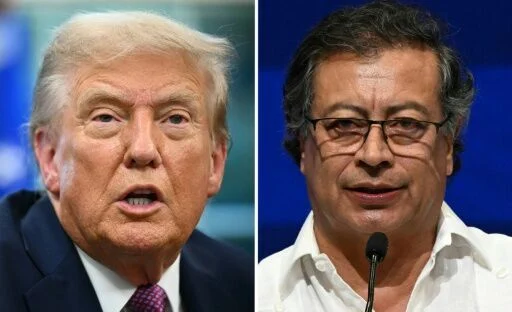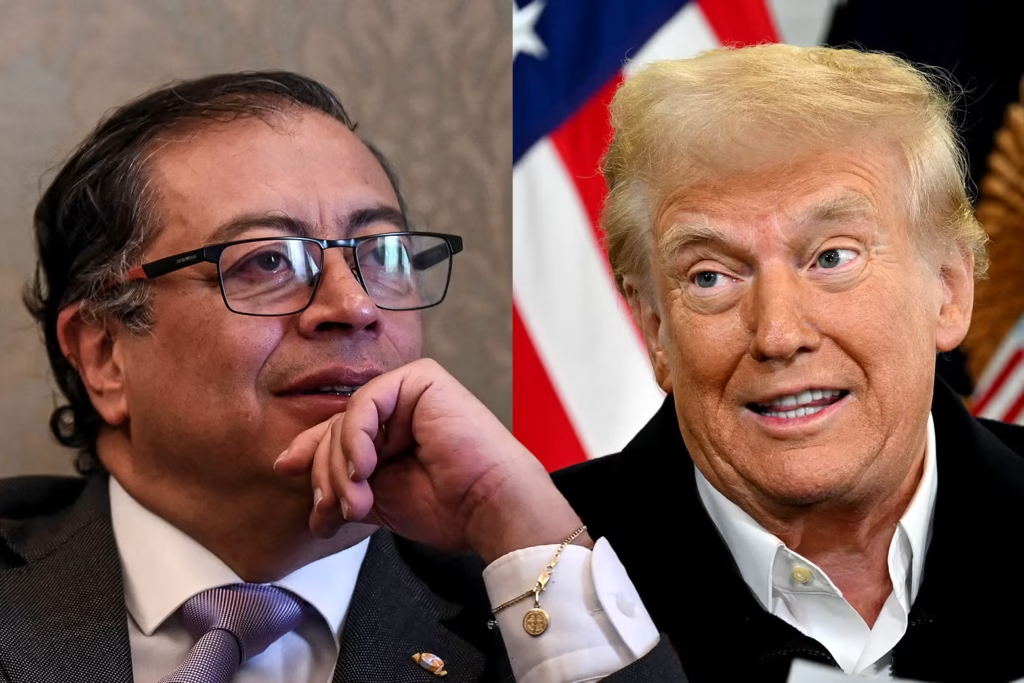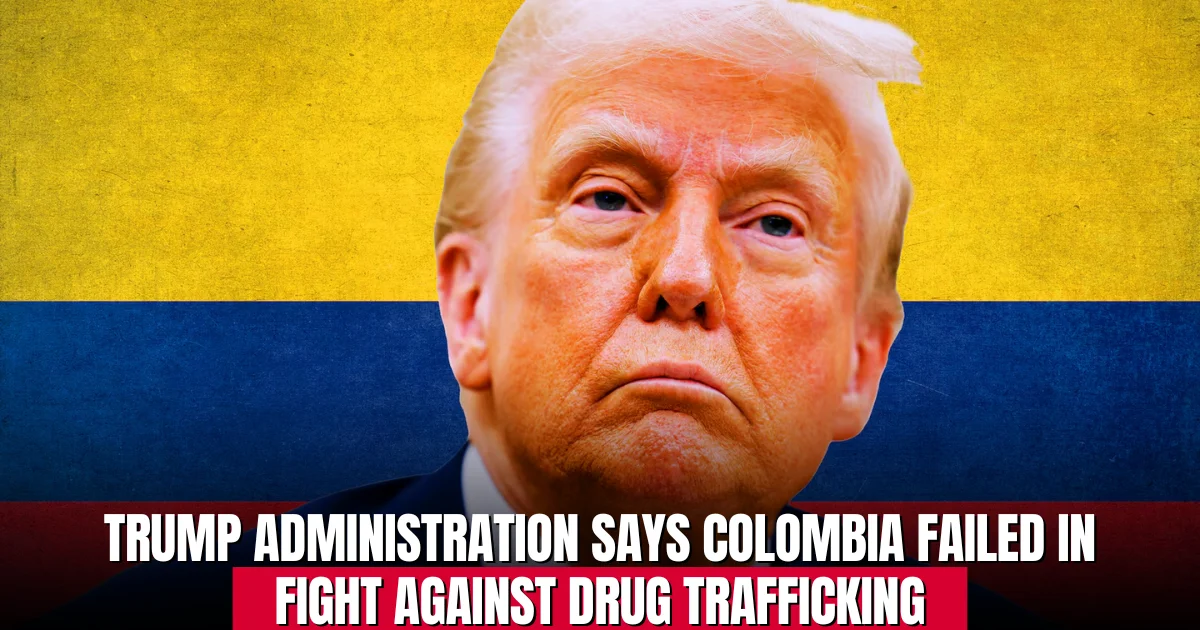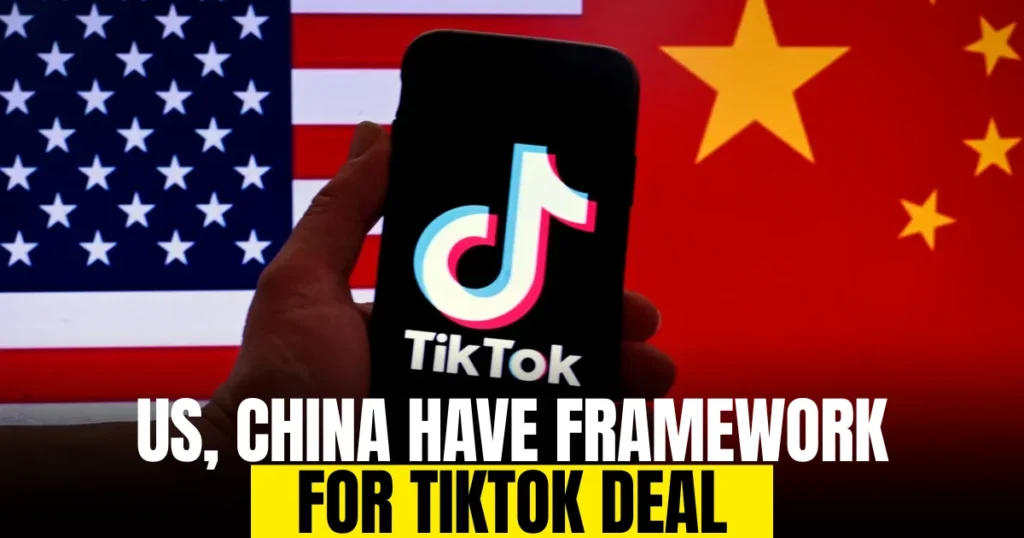Trump accuses Colombia of failing in drug fight but vows U.S. funding will continue. Explore impact on U.S.-Colombia ties. Read more.
Table of Contents
Trump Administration Says Colombia Failed in Fight Against Drug Trafficking, But U.S. Will Still Provide Funding
Introduction
The Trump administration has escalated tensions with Colombia, declaring that the South American nation has “failed demonstrably” in its obligations to fight drug trafficking. Yet, despite this symbolic decertification, the U.S. confirmed it will continue providing financial and military support to Bogotá. The move highlights the delicate balance between Washington’s counter-narcotics priorities and the need to maintain strong ties with its most critical South American ally.
Why the U.S. Decertified Colombia

The presidential determination, released late Monday, criticized Colombian President Gustavo Petro’s approach to drug control. According to the administration:
- Coca cultivation and cocaine production in Colombia have hit record levels.
- Petro’s emphasis on “peaceful alternatives” for coca farmers, instead of direct eradication, was deemed ineffective.
- U.S. officials argue Petro’s policies have emboldened narco-terrorist groups and weakened counter-trafficking enforcement.
Still, the White House stressed that U.S. aid to Colombia remains vital to national interests, particularly as Colombia is the world’s largest producer of cocaine, accounting for nearly two-thirds of global supply (UNODC data).
U.S.-Colombia Relations Under Pressure

This latest clash adds to an already tense relationship. In recent months:
- Petro blocked U.S. military flights carrying deported migrants.
- He criticized American naval deployments in the Caribbean.
- Washington carried out two deadly strikes on alleged drug vessels, sparking controversy in both nations.
Despite political disputes, Colombia remains Washington’s most reliable defense partner in South America. Colombian military forces regularly train with U.S. troops, and Bogotá has long been a major recipient of American security aid.
Colombia’s Response
In a televised cabinet meeting, President Petro criticized the U.S. designation, emphasizing the sacrifices made by Colombia’s police, soldiers, and civilians in the drug war.
Colombian officials also highlighted their efforts:
- Seizing hundreds of metric tons of cocaine.
- Destroying vast hectares of coca crops.
- Conducting joint operations with U.S. agencies.
Colombian Ambassador Daniel García-Peña reiterated:
“Our presidents may disagree politically, but fighting drug trafficking is a shared national commitment. Colombia has suffered the most from this crisis.”
What Experts Are Saying
Analysts warn the decertification could deepen political divides:
- Retired U.S. Ambassador Todd Robinson: Failing to maintain cooperation with Colombia would send “a really bad signal” across Latin America.
- Policy experts in Colombia argue that consumer nations like the U.S. must also take responsibility, as demand fuels the trade.
- Defense officials caution that without U.S. backing, traffickers could gain ground and increase the flow of cocaine to North America and Europe.
Implications for the Future
While the U.S. continues funding, the symbolic rebuke could:
- Pressure Petro to take more aggressive eradication steps.
- Create political strain that may weaken bilateral counter-narcotics coordination.
- Encourage cartels if they perceive a rift between Bogotá and Washington.
The last time Colombia was decertified was in 1997 under President Ernesto Samper, but the two countries later rebuilt a strong security alliance. The coming months will test whether the Trump-Petro rift follows the same path.
FAQs
Q1: What does it mean that Colombia was “decertified” in the U.S. drug fight?
It means Washington formally judged that Colombia has failed to meet its international obligations on drug control. However, unlike a full cut-off, the U.S. will still provide funding.
Q2: Why did the Trump administration still decide to fund Colombia?
The U.S. considers Colombia a critical ally in South America. Ending funding would undermine American security interests and allow cartels more freedom.
Q3: How much cocaine does Colombia produce?
According to the UN Office on Drugs and Crime (UNODC), Colombia produces about two-thirds of the world’s cocaine supply.
Q4: Has Colombia been decertified before?
Yes, in 1997 under President Ernesto Samper. Despite that, Colombia later became one of Washington’s most trusted partners in defense and counter-narcotics.
Q5: What are the risks if U.S.-Colombia cooperation weakens?
Less coordination could lead to increased drug trafficking, cartel empowerment, and more instability in Latin America and beyond.
Conclusion
The Trump administration’s move to decertify Colombia while still providing aid underscores the fragile but crucial U.S.-Colombia partnership. As the world’s leading cocaine producer, Colombia is at the heart of global drug enforcement efforts. For both nations, the stakes are high: cooperation remains essential to curbing trafficking, ensuring stability, and protecting shared security interests.
👉 What do you think? Should the U.S. continue funding Colombia despite its struggles in the drug fight? Share your thoughts in the comments.

